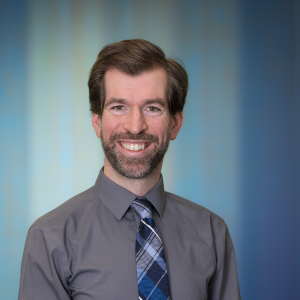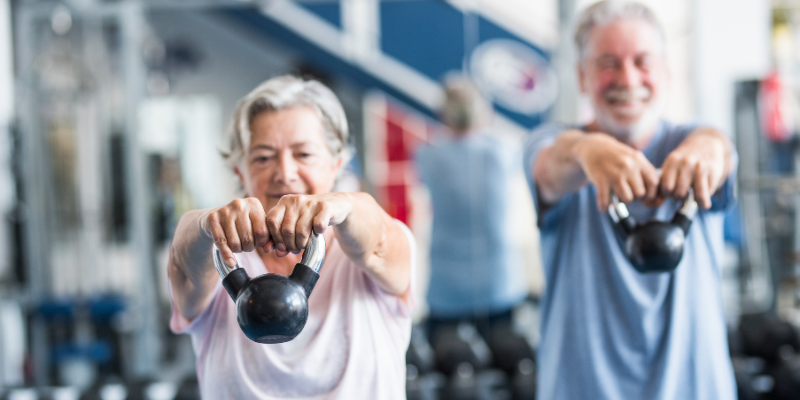In the realm of health and wellness, partnerships often forge pathways to transformative care. One such collaboration, between the CU Anschutz Health and Wellness Center (AHWC) and the Center for Dependency and Addiction Rehabilitation (CeDAR), stands as a beacon of holistic support for individuals navigating addiction recovery. Through a structured program, the CU Anschutz Health and Wellness Center extends its expertise to CeDAR, offering supervised fitness training tailored to the unique needs of those undergoing inpatient treatment.
Initiated in September 2021, the partnership has since blossomed into a dynamic exchange of resources and knowledge. CeDAR, renowned for its comprehensive approach to addiction rehabilitation, recognized the integral role of physical fitness in fostering overall well-being. Thus, they sought to integrate supervised fitness classes into their treatment regimen, recognizing the profound impact they could have on participants' recovery journey. Ryan Marker, Assistant Professor of Physical Medicine and Rehabilitation and manager of Clinical Populations Programming at AHWC, states, “This has been a very collaborative effort. We’ve learned a lot about working with these individuals, their experiences at CeDAR, and how to best serve them. CeDAR, in turn, has been incredibly supportive of our needs in making this a safe and effective fitness program”.
At the core of this collaboration lies a commitment to holistic care. AHWC provides two one-hour fitness classes, four days a week, to a diverse group of participants. From individuals new to exercise to seasoned enthusiasts, the program offers a balanced blend of cardiovascular and strength training, underpinned by personalized guidance from experienced trainers.
Central to the success of this initiative is the emphasis on consistency and individualized attention. Unlike conventional group fitness settings, where fluctuating trainers may disrupt continuity, CeDAR participants benefit from a core team of dedicated instructors. This consistency not only fosters a sense of familiarity but also ensures tailored support aligned with the individual's goals and capabilities.
The partnership transcends the confines of conventional fitness programs. Through research efforts, both parties leverage their expertise to optimize participant outcomes. As Felipe Leon, a trainer at AHWC, reflects, “There exists a remarkable synergy between fitness programs for medical populations." Lessons gleaned from diverse settings, whether cancer survivorship through the BfitBwell program or addiction recovery, underscore the universality of fitness as a tool for healing.
In essence, the collaborative efforts between the CU Anschutz Health and Wellness Center and CeDAR exemplify the transformative potential of interdisciplinary partnerships in healthcare. By bridging fitness and addiction recovery, they illuminate a path toward comprehensive healing, one guided by compassion, consistency, and collective determination.
To learn more about CeDAR, visit their website at https://www.cedarcolorado.org/.


.png)

